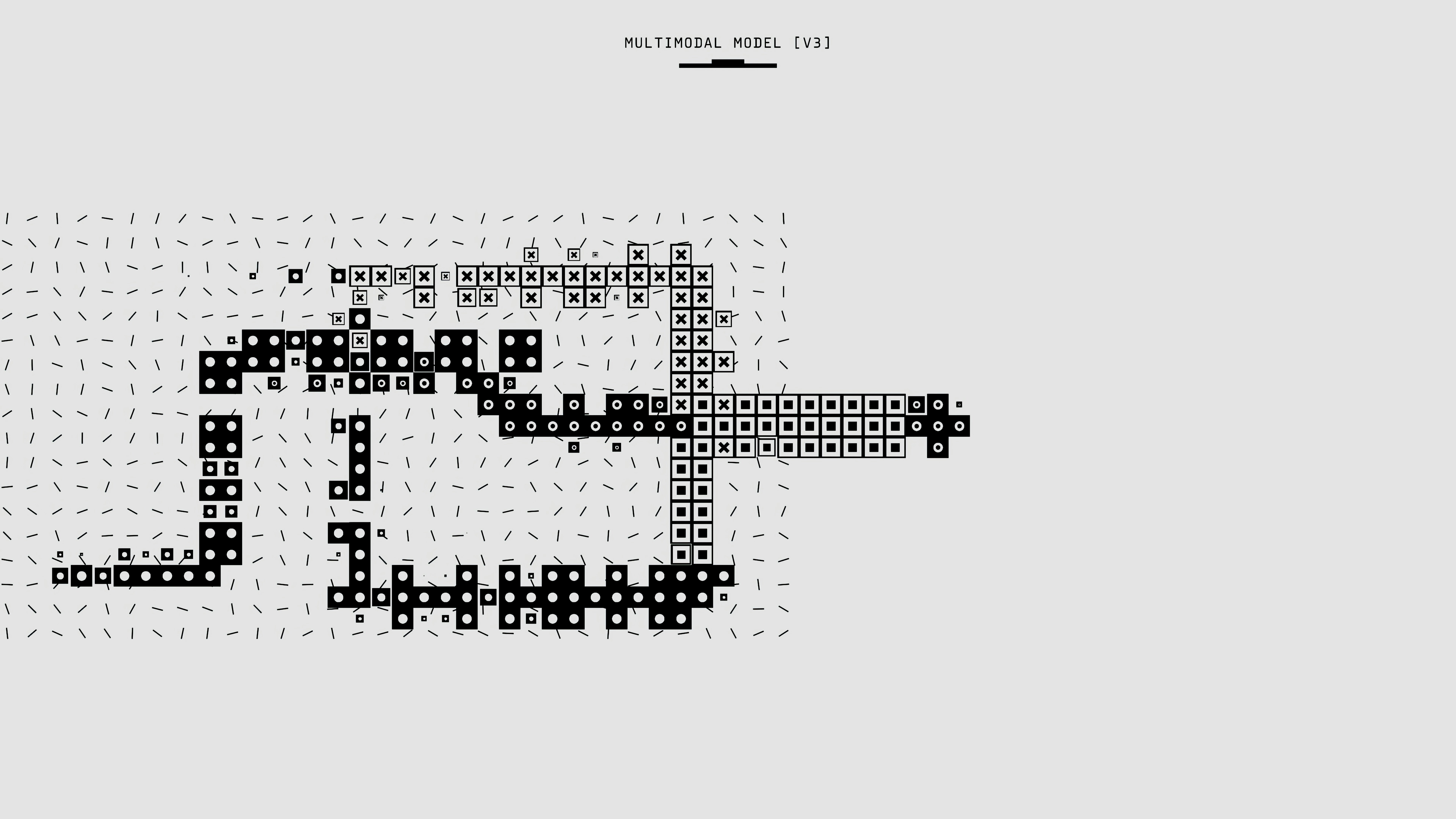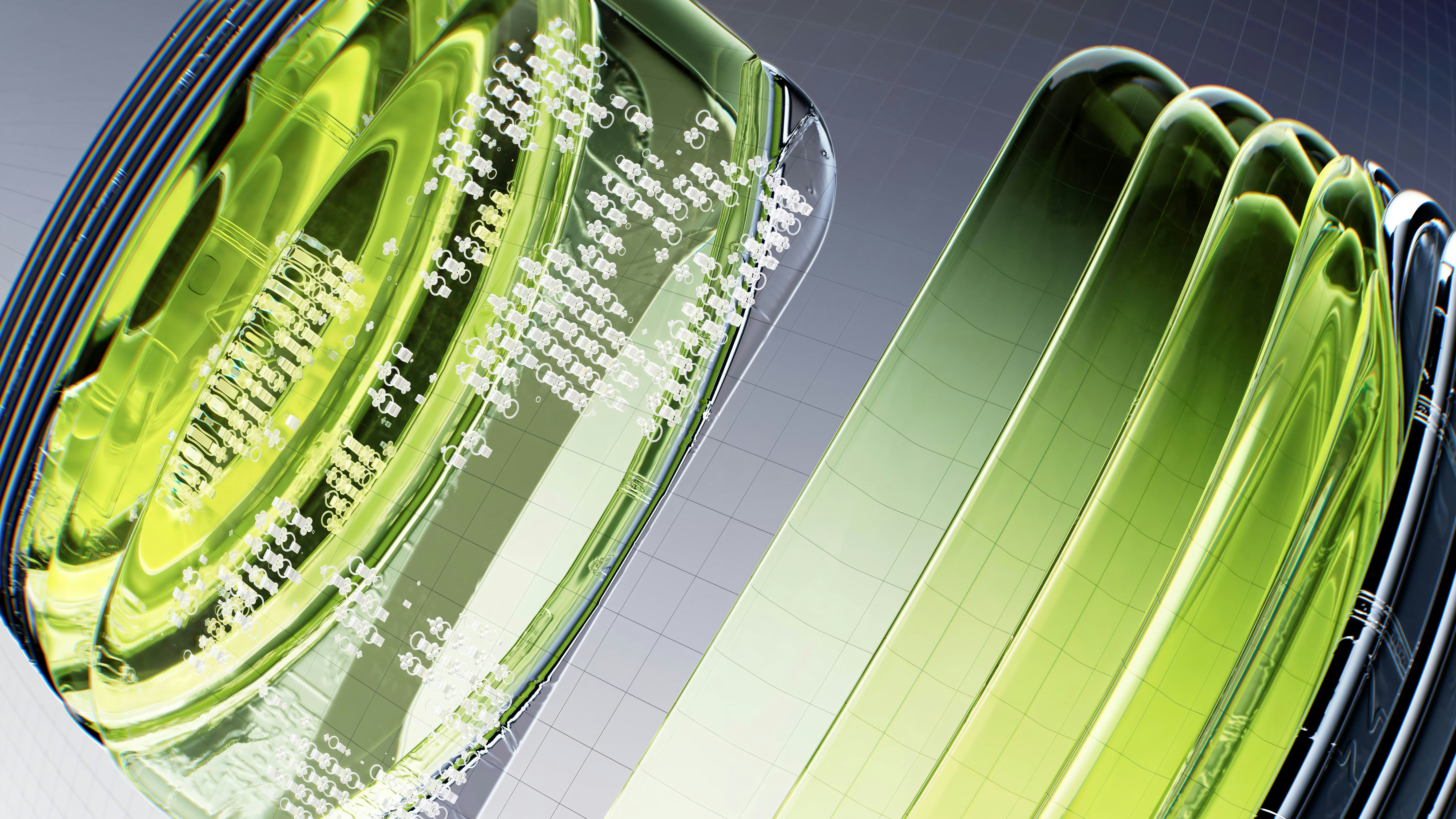General Presentation
Machine learning is the algorithmic foundation of the solutions developed by NeuriaLabs. It is a central discipline of artificial intelligence, aimed at endowing systems with the autonomous ability to identify patterns, establish correlations, make predictions, or make decisions based on empirical data, without being explicitly programmed for each task.
Three main approaches structure our technological expertise in this field:
– supervised learning,
– unsupervised learning,
– and deep learning.
Each presents its own characteristics, addressing specific use cases and employing distinct algorithmic architectures.
Supervised Learning
Supervised learning involves training a model on a labeled dataset, i.e., one for which the answer or expected outcome is known. This approach allows the system to learn to generalize behavior from observed examples.
It is particularly suited to tasks such as:
• Classification (e.g.: fraud detection, medical diagnosis, document categorization)
• Regression (e.g.: sales forecasting, price estimation, energy load prediction)
• Detection of known anomalies (e.g.: identifying atypical behaviors in time series or transactional flows)
The models used include random forests, support vector machines (SVM), logistic regressions, multilayer neural networks, and gradient boosting machines (XGBoost, LightGBM, CatBoost), selected according to the nature of the data and the complexity of the problem.
Unsupervised Learning
Unsupervised learning relies on unlabeled data. It involves uncovering structures, clusters, or meaningful representations solely from the observation of the data, without prior indication.
This approach allows:
• Customer segmentation (e.g.: grouping of consumer profiles or users)
• Dimensionality reduction (e.g.: simplification of complex or very large data)
• Extraction of frequent patterns (e.g.: detection of recurring behaviors in logs)
• Detection of unknown anomalies (e.g.: identifying breaks in unlabeled flows)
The algorithms employed include hierarchical clustering, k-means, DBSCAN, principal component analysis (PCA), unsupervised auto-encoding, Gaussian mixture models, and novelty detection neural networks.
Deep Learning
Deep learning is an advanced subset of machine learning, based on the use of deep neural networks, sometimes composed of hundreds of millions of parameters. It allows for the processing of complex unstructured data such as images, texts, sounds, or videos and performing high-level cognitive tasks with precision that surpasses traditional methods in many contexts.
The applications of deep learning are numerous:
• Computer vision (e.g.: facial recognition, automatic document reading, medical imaging analysis)
• Natural language processing (e.g.: machine translation, text synthesis, language generation)
• Complex recommendation systems (e.g.: context-aware personalization engines)
• Non-linear multivariate forecasting (e.g.: market behaviors, industrial logics in chaotic environments)
We master all modern architectures, such as convolutional networks (CNN), recurrent networks (RNN, LSTM, GRU), deep auto-encoders, generative adversarial networks (GAN), and transformer-based models, which have become standard in NLP and generation systems.
NeuriaLabs Approach
Our strength lies in our ability to:
• Choose the appropriate learning paradigm based on the availability, nature, and structure of the data;
• Build explainable, robust, and optimized models for the target use, balancing accuracy, performance, and readability;
• Manage the complete lifecycle of the model, from initial training phase to continuous updating in production;
• Integrate these models into demanding business environments, with strong constraints of security, scalability, or regulatory compliance.
All our work is based on proven frameworks (Scikit-Learn, TensorFlow, PyTorch, Keras, XGBoost, etc.), which we adapt and industrialize through automated pipelines of the MLOps type.






